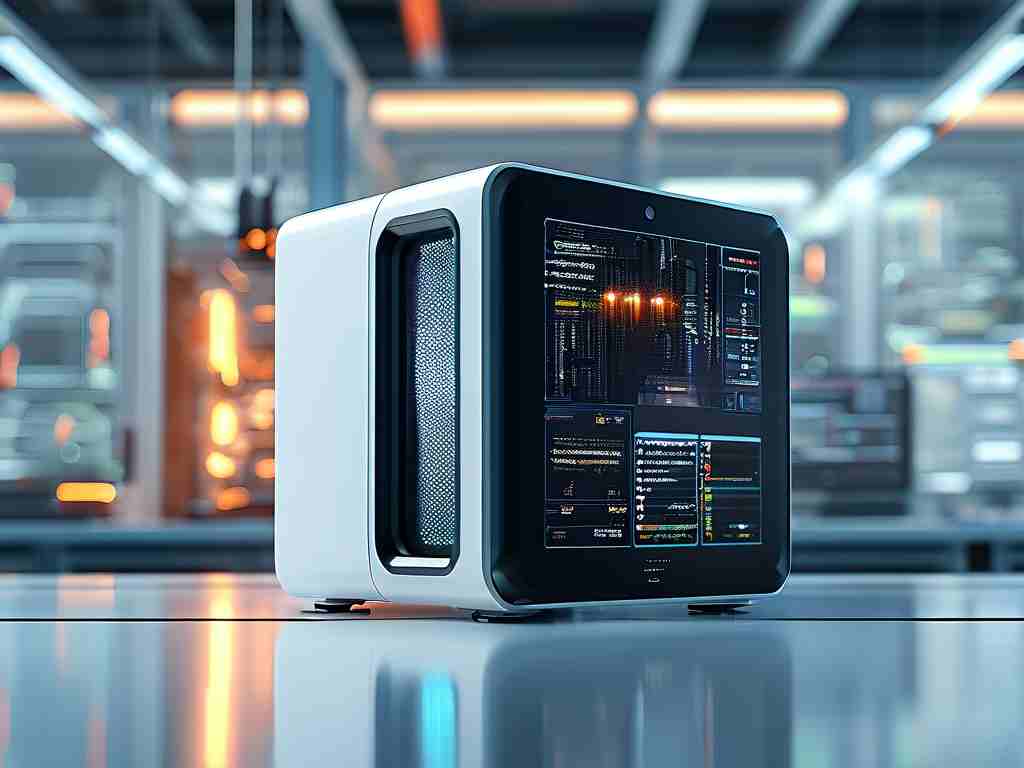In the rapidly evolving world of technology, electronic embedded module development manufacturers stand at the forefront of innovation, driving advancements across industries from automotive to healthcare. These specialized companies design and produce compact, integrated hardware components that serve as the brains of countless devices, enabling seamless functionality in everything from smart home gadgets to industrial machinery. As demand for interconnected and efficient systems grows, understanding the role of these manufacturers becomes crucial for businesses aiming to stay competitive. This article delves into the key aspects of electronic embedded module development, highlighting how manufacturers operate, the challenges they face, and why partnering with the right one can accelerate product success.

At its core, an electronic embedded module is a self-contained unit that combines processors, memory, and interfaces to perform specific tasks within larger systems. Development manufacturers focus on creating these modules through rigorous engineering processes, starting with conceptual design and moving through prototyping, testing, and mass production. For instance, in the Internet of Things (IoT) sector, a manufacturer might develop a module that handles wireless communication for smart sensors. This involves intricate work where engineers optimize power consumption, ensure compatibility with various platforms, and embed security features to protect against cyber threats. A simple code snippet illustrates how firmware is often written in C for such modules, demonstrating basic sensor data processing:
#include <stdio.h>
#include "sensor_lib.h" // Custom library for sensor integration
int main() {
initialize_sensor(); // Setup hardware interfaces
while(1) {
float temperature = read_temperature(); // Read data from sensor
if (temperature > 30.0) {
trigger_cooling_system(); // Activate response mechanism
}
delay(1000); // Wait for 1 second before next read
}
return 0;
}
This code shows a loop that continuously monitors temperature and initiates cooling if thresholds are exceeded, reflecting how manufacturers embed intelligence into modules for real-time decision-making. Beyond coding, the development phase includes selecting appropriate microcontrollers, integrating with operating systems like FreeRTOS, and conducting environmental tests to guarantee reliability under extreme conditions. Manufacturers must balance innovation with cost-efficiency, often collaborating with clients to tailor modules for unique applications, such as in medical devices where precision and compliance with regulations like FDA standards are non-negotiable.
The landscape for electronic embedded module development manufacturers is highly competitive, shaped by trends like the rise of edge computing and artificial intelligence integration. Companies in this space face challenges such as shortening product life cycles and the need for rapid scalability, which demand agile manufacturing techniques and robust supply chain management. For example, a leading manufacturer might invest in automated assembly lines to reduce lead times while maintaining high quality, ensuring that modules meet certifications like CE or UL for global markets. Additionally, sustainability has become a key focus, with manufacturers adopting eco-friendly materials and energy-efficient designs to appeal to environmentally conscious clients. This shift not only reduces carbon footprints but also lowers operational costs, making it a win-win for businesses seeking long-term viability.
Choosing the right development manufacturer involves careful evaluation of factors like technical expertise, production capacity, and support services. Businesses should prioritize partners with proven experience in their specific industry, such as those specializing in automotive modules that require stringent safety protocols. It is also wise to assess a manufacturer's ability to handle customizations and provide post-deployment support, including firmware updates and troubleshooting. By forging strong partnerships, companies can leverage the manufacturer's R&D capabilities to innovate faster, as seen in cases where collaborative efforts led to breakthroughs in low-power modules for wearable tech. Ultimately, the success of embedded systems hinges on the synergy between visionary developers and reliable manufacturers, driving a future where technology seamlessly integrates into everyday life.
Looking ahead, the role of electronic embedded module development manufacturers will only expand with advancements in 5G, AI, and quantum computing. These technologies promise to enhance module capabilities, enabling faster data processing and more autonomous operations. However, manufacturers must navigate ethical considerations, such as data privacy and security vulnerabilities, to build trust with end-users. By embracing continuous learning and adaptation, they can overcome obstacles and contribute to transformative innovations. In summary, electronic embedded module development manufacturers are indispensable catalysts for progress, empowering industries to achieve greater efficiency, connectivity, and sustainability through expertly crafted hardware solutions.









